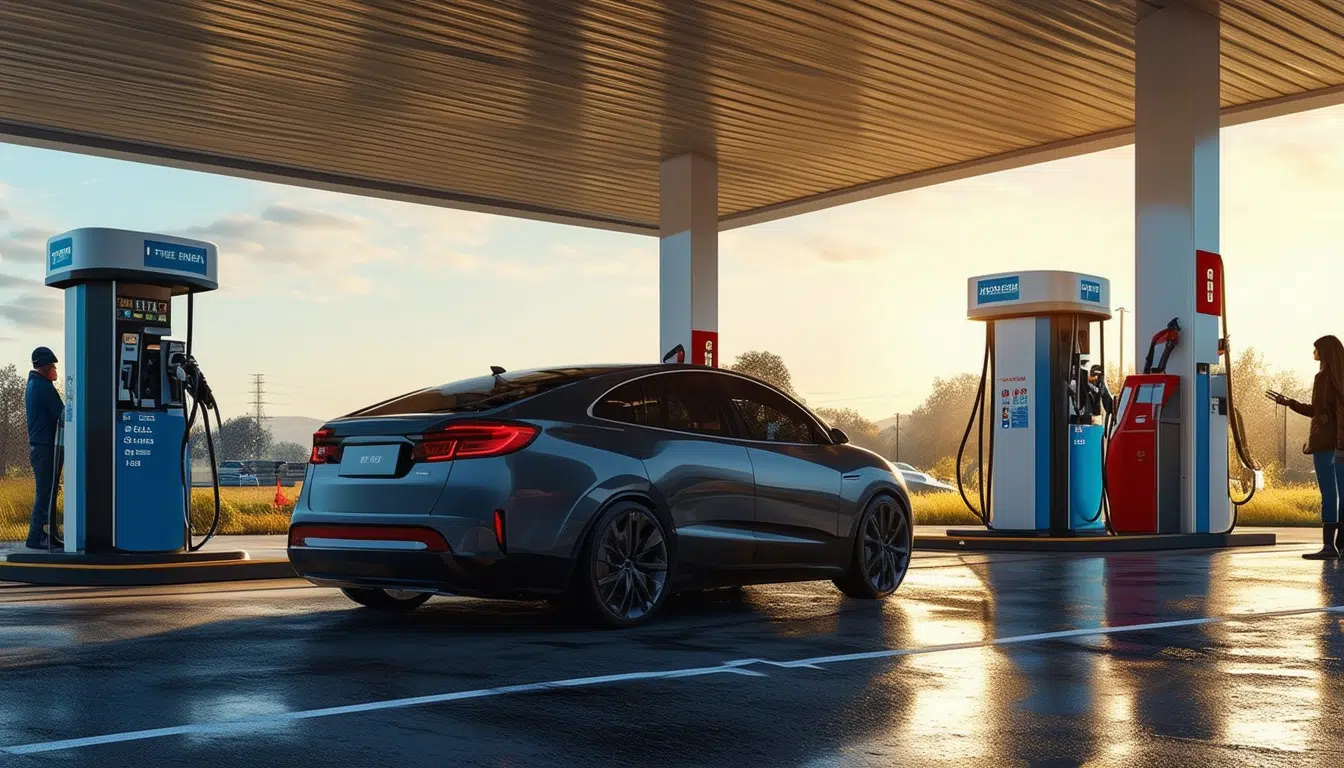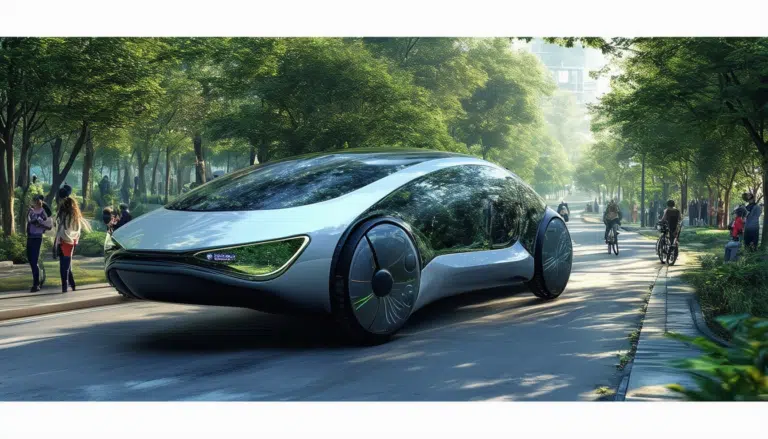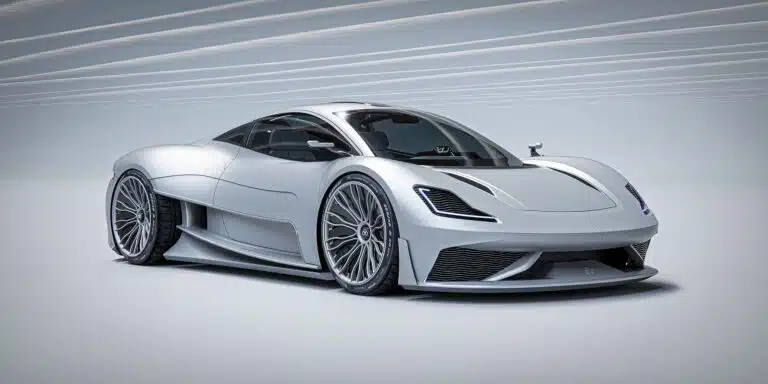The fuel enigma: how to choose the best option for your car?

Choosing the right fuel for your car has become a more complicated challenge than ever. It’s no longer just about deciding between gasoline and diesel; now you also have to consider options like gas, hybrids, and electrics. Each type of fuel has its own advantages and disadvantages, and the right choice will depend on several factors, from the type of performance you need to driving conditions and your personal priorities.
Choosing the right fuel for your vehicle can be a daunting task due to the wide variety of options available in the market. Diesel, gasoline, gas, hybrids, and electrics are just some of the alternatives to consider. This article will help you navigate the characteristics and advantages of each type of fuel, providing practical tips for making the best decision based on your specific needs.
Gasoline: Versatility and Performance
Gasoline is one of the most common fuels and offers a wide range of options in terms of octane rating. Gasoline 98 is ideal if your vehicle is designed for superior performance, thanks to its cleaner combustion and the additional power it provides. Moreover, gasoline engines are usually less costly to repair and maintain compared to diesel engines.
Diesel: Durability and Efficiency
Diesel is known for its durability and efficiency in terms of fuel consumption. Statistically, diesel cars have fewer breakdowns compared to gasoline engine vehicles. However, it is important to keep in mind that repairs tend to be more expensive in the event of a failure. Additionally, diesel vehicles are often more suitable for long highway trips and heavier loads.
Gas: Economical and Eco-Friendly
Gas, especially LPG (Liquefied Petroleum Gas), is an economical and environmentally friendly option. Gas engines produce fewer pollutant emissions, and their cost per kilometer is usually lower than that of gasoline and diesel. However, the availability of service stations may be limited depending on your location.
Hybrids: The Best of Both Worlds
Hybrid vehicles combine an internal combustion engine with an electric one, offering excellent fuel efficiency and reducing emissions. These vehicles are ideal for urban conditions and short trips, and they also provide additional advantages such as access to low-emission zones and discounts on parking fees. The ECO label is an additional benefit that these vehicles often offer. More details on how to choose between an electric car and a hybrid.
Electrics: Future and Sustainability
Electric cars represent the future of sustainable transportation. These vehicles do not emit greenhouse gases and provide quiet and efficient performance. However, it is crucial to consider the charging time and the available infrastructure for charging stations. For more information, you can consult How long does it take to charge an electric car?.
Practical Tips for Choosing the Right Fuel
1. Check the owner’s manual: The manufacturer of your vehicle always recommends the best type of fuel to optimize engine performance and durability.
2. Consider the octane rating: A higher octane rating like Gasoline 98 may be necessary for high-performance vehicles.
3. Evaluate your needs and priorities: If you are looking for low operating costs, diesel or gas might be your best option. For a more eco-friendly approach, consider hybrids or electric vehicles.
4. Take driving conditions into account: Diesel engines are better for long distances and heavy loads, while hybrids and electrics excel in urban driving.
Future Trends in Fuels
The automotive industry is constantly evolving, and the options for future fuel technologies are becoming increasingly varied and advanced. Furthermore, with the arrival of new models like the DS 9 in 2023, the landscape continues to change. Stay informed about the latest trends and advancements to make informed decisions when choosing your next vehicle.
Conclusion: The Fuel Enigma: How to Choose the Best Option for Your Car?
Choosing the right fuel for your vehicle is a crucial decision that affects both performance and maintenance of the car. With the diversity of options available in the market, from gasoline and diesel to gas, hybrids, and electrics, it is essential to consider several factors before making a decision.
First, it is fundamental to consult your vehicle’s owner’s manual. This document contains specific manufacturer recommendations regarding the type of fuel that optimizes engine performance and longevity. Ignoring these indications can lead to premature breakdowns and high repair costs.
The octane rating is another crucial aspect. Vehicles designed for high performance require higher-octane fuels, like Gasoline 98, which provides cleaner and more efficient combustion. In contrast, standard engines can run perfectly well on lower-octane gasoline.
Your personal needs and priorities also play an important role. If your priority is fuel efficiency and reducing emissions, hybrid or electric vehicles may be the best option. For those who regularly travel long distances, diesel engines usually offer greater performance and durability.
Finally, the impact of driving conditions should not be underestimated. If you frequently drive in urban areas with environmental restrictions, a vehicle with hybrid or electric technology can offer significant advantages, such as access to low-emission zones and reduced maintenance costs.
In summary, choosing the ideal fuel for your car depends on a combination of technical and personal factors. Carefully analyzing the options and considering your own needs will allow you to make an informed decision that optimizes your vehicle’s performance and meets your specific requirements.





